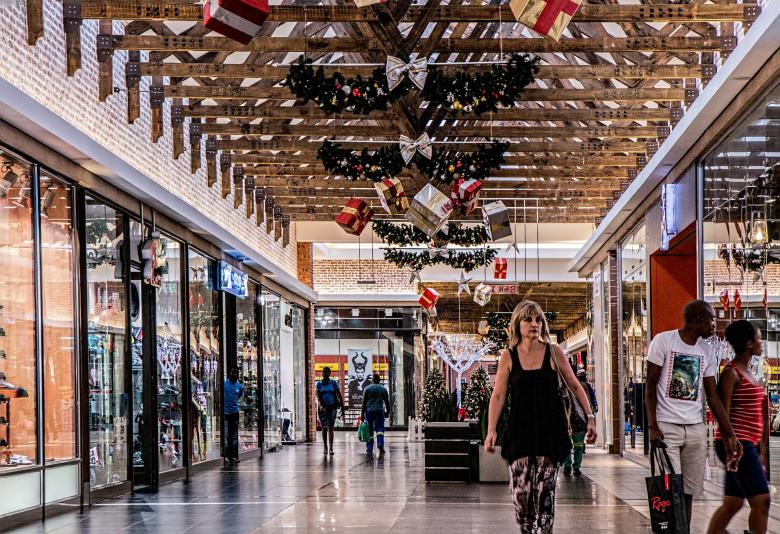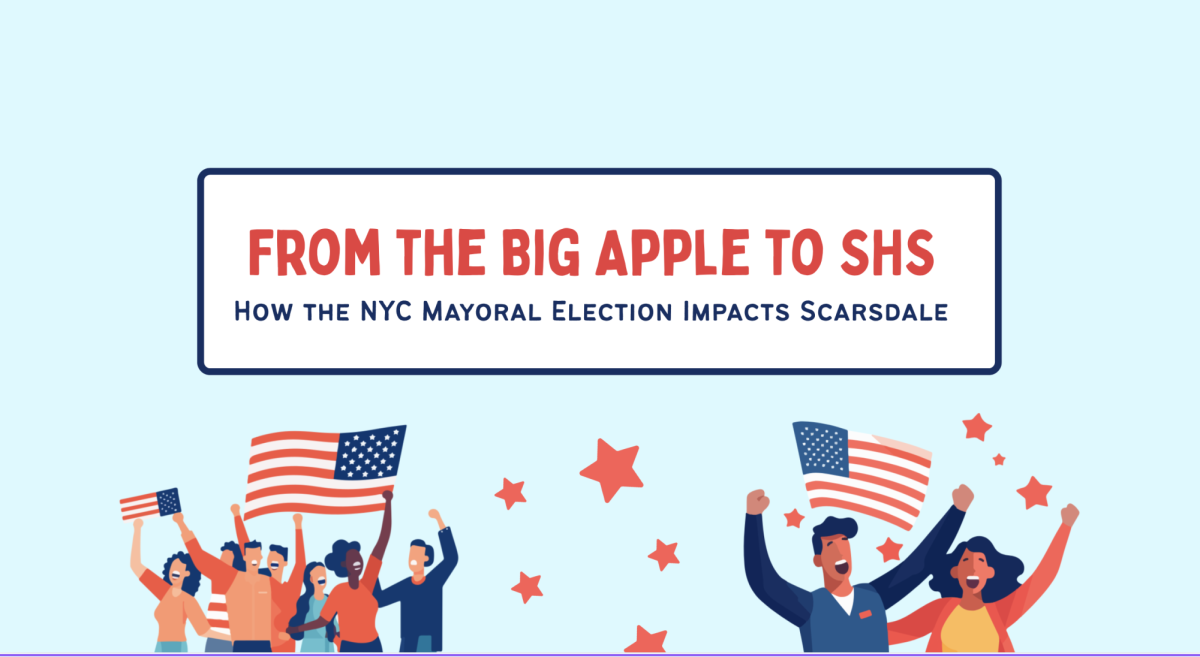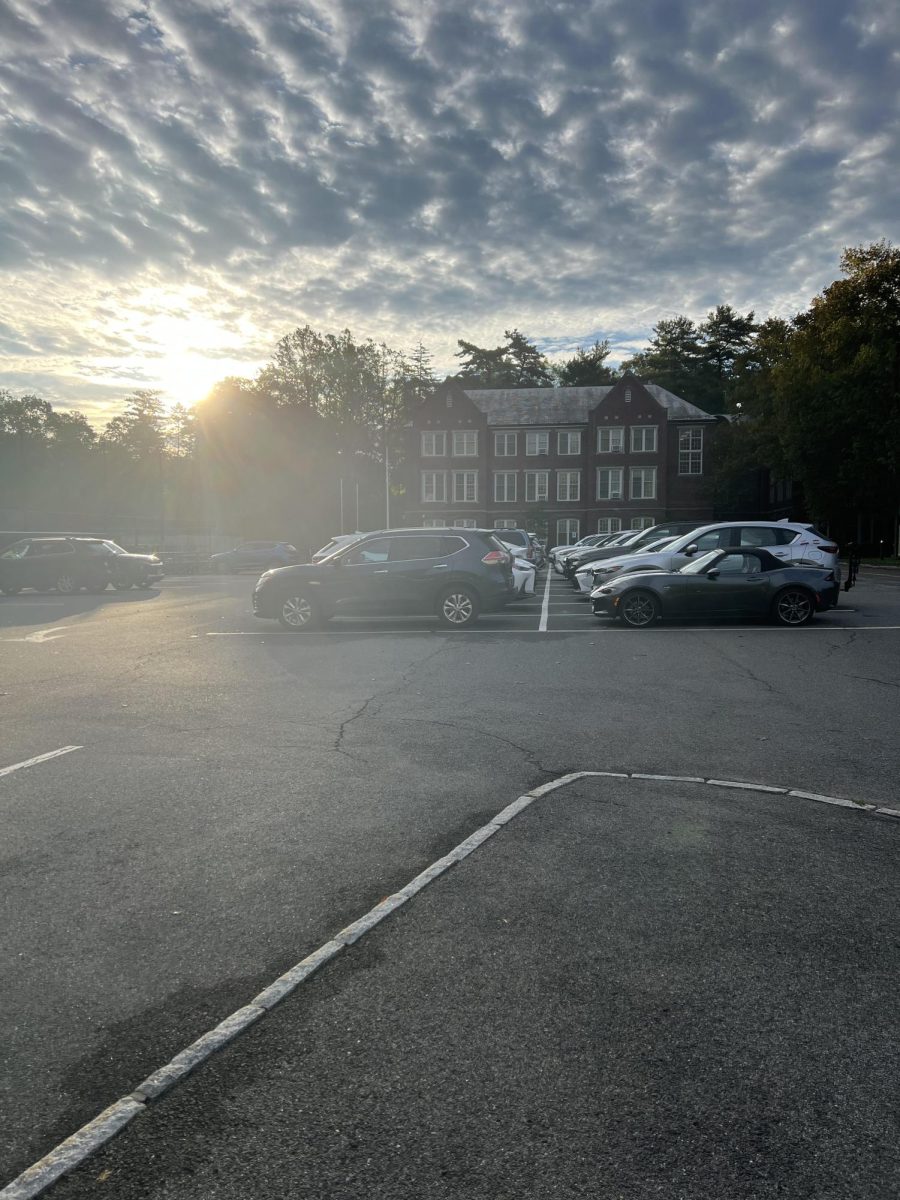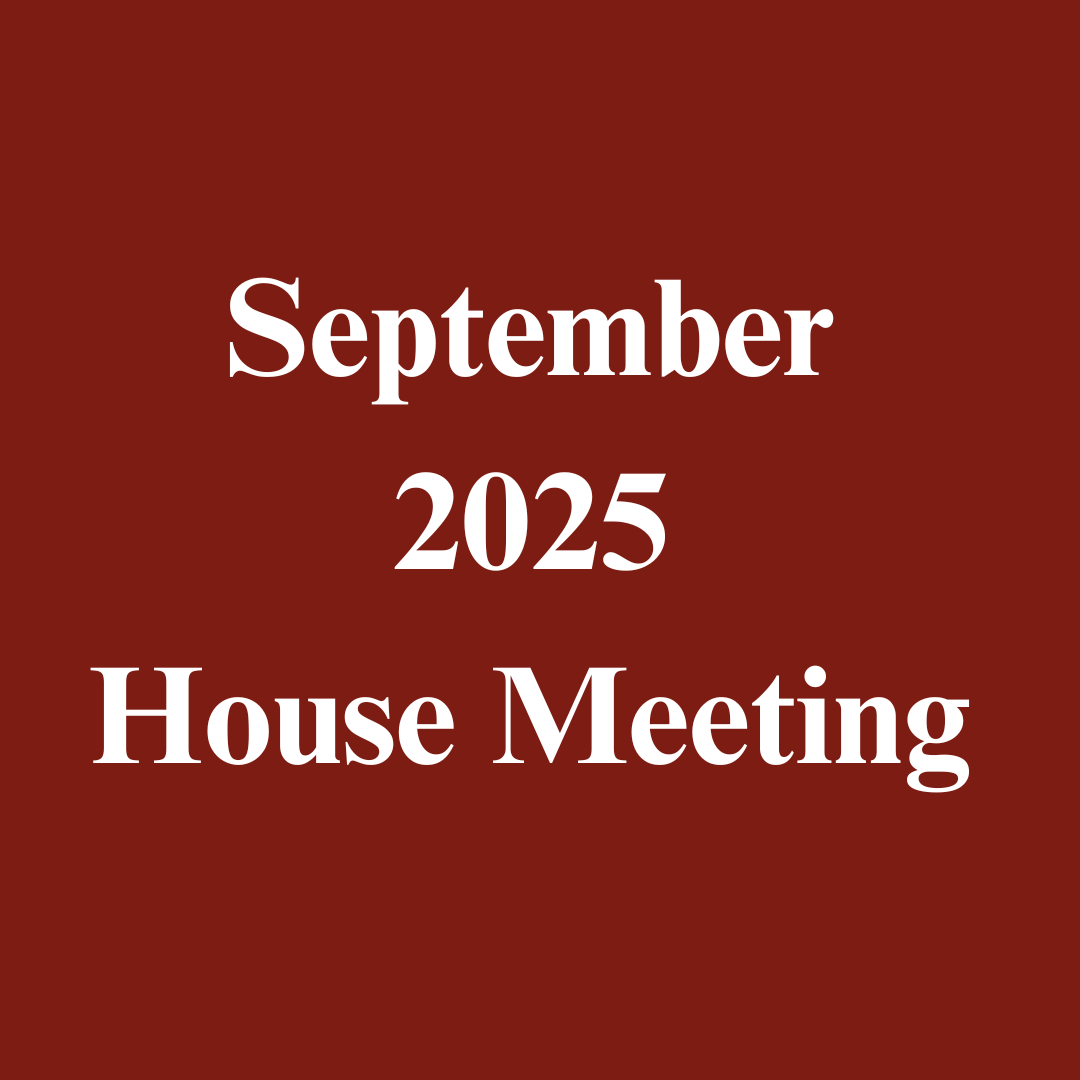The Friday after Thanksgiving, with its reputation of large, hectic crowds rushing into stores, seems to have lost its spark. Videos capturing the chaos of people willing to get injured to score a discount have become less prevalent as the once-traditional hustle and bustle of Black Friday has given way to a safer and more convenient experience — online shopping.
With the rise of e-commerce platforms, consumers can access Black Friday deals from the comfort of their own homes. Often, these same deals that were once only available during Black Friday have begun days and even weeks before, and have been available for days after. Shoppers can compare prices, read reviews, and make informed decisions about their purchases without the fear of being trampled. At a time when consumers don’t have the same money to spend as in the past, due to inflation, these conscious decisions are even more important. Many major companies promoted Black Friday deals over a month before the special day, seemingly to give a larger window for shoppers who buy closer to need. “It did kind of feel like holiday shopping because most of the deals continued after Black Friday as well,” explained Linda Zhang ‘26. What was once an exclusive one-day event has been replaced with a two-month online holiday shopping frenzy.
In November, Black Friday wasn’t even the biggest online shopping day. Driving a record 12 billion dollars in spending, Cyber Monday, the first Monday after Thanksgiving, emerged as America’s favorite. This growing popularity of utilizing e-commerce during the holidays can be attributed to the Covid-19 pandemic. Barred from going into stores, people began to scour the internet for the best deals, and previously packed stores have remained empty since then. On the other hand, primarily brick-and-mortar companies such as Target, Best Buy, and Walmart saw a more than 80% increase in their online sales year-over-year. Pick-up-in-store or pick-up curbside seems to be the preferred method for consumers on their Black Friday spree, likely out of convenience.
Despite this, it appears that consumer spending has continued to increase over this year. Reuters predicts that people will spend on average $875 during the holiday season, $42 more than last year, continuing the general uptrend in holiday spending. Despite inflation, it appears that shoppers are less conservative about their spending. The vast number of deals held throughout October and November caused shoppers to start thinking about holiday shopping earlier than in past years. The early start results in holiday spending starting earlier, which often leads consumers to spend more than expected.
Regardless of when deals begin, Black Friday continues to hold its place in society, marking the beginning of the holiday season. The day will continue to remain known for having the best deals of the season, regardless of if that is true, providing consumers with the perfect excuse for shopping, even if it is only out of tradition.









